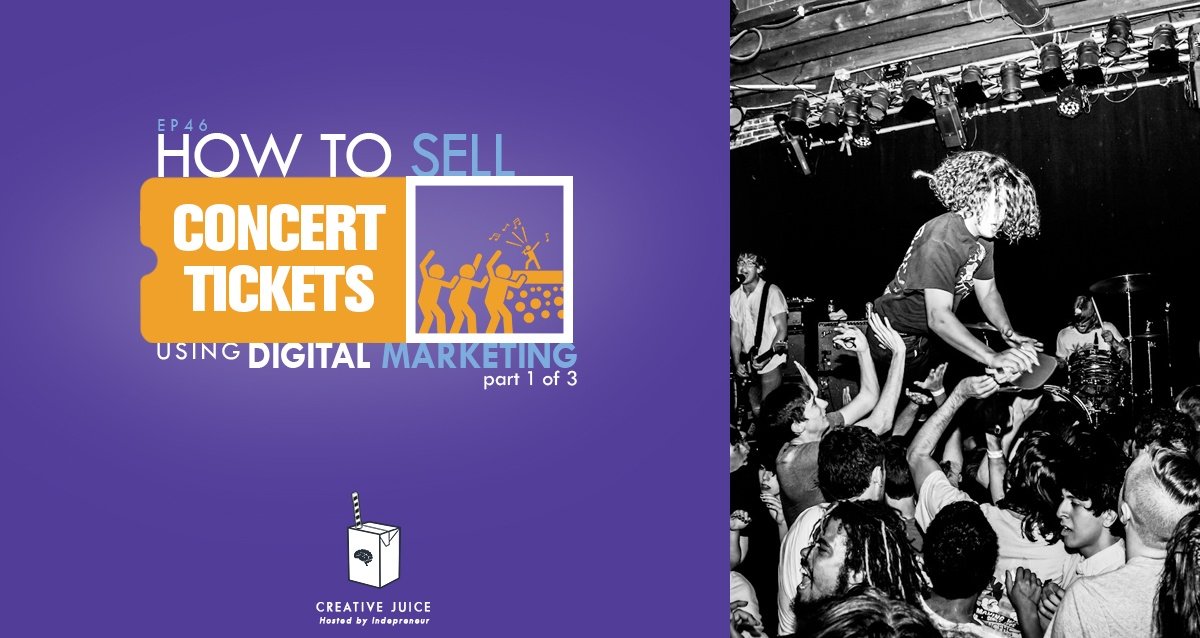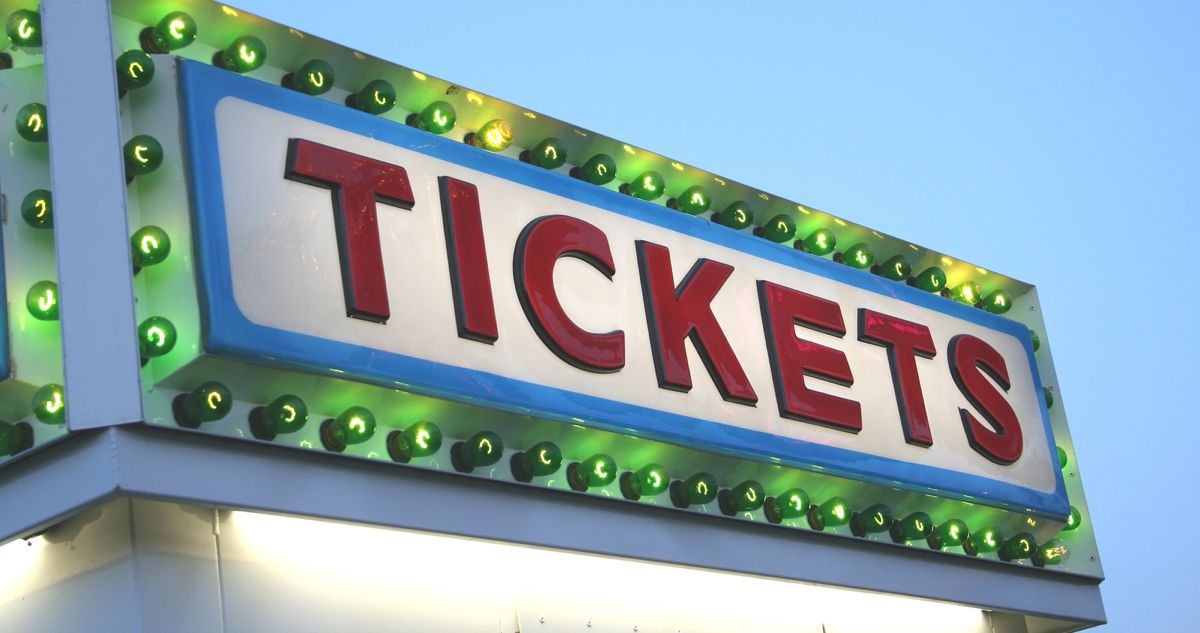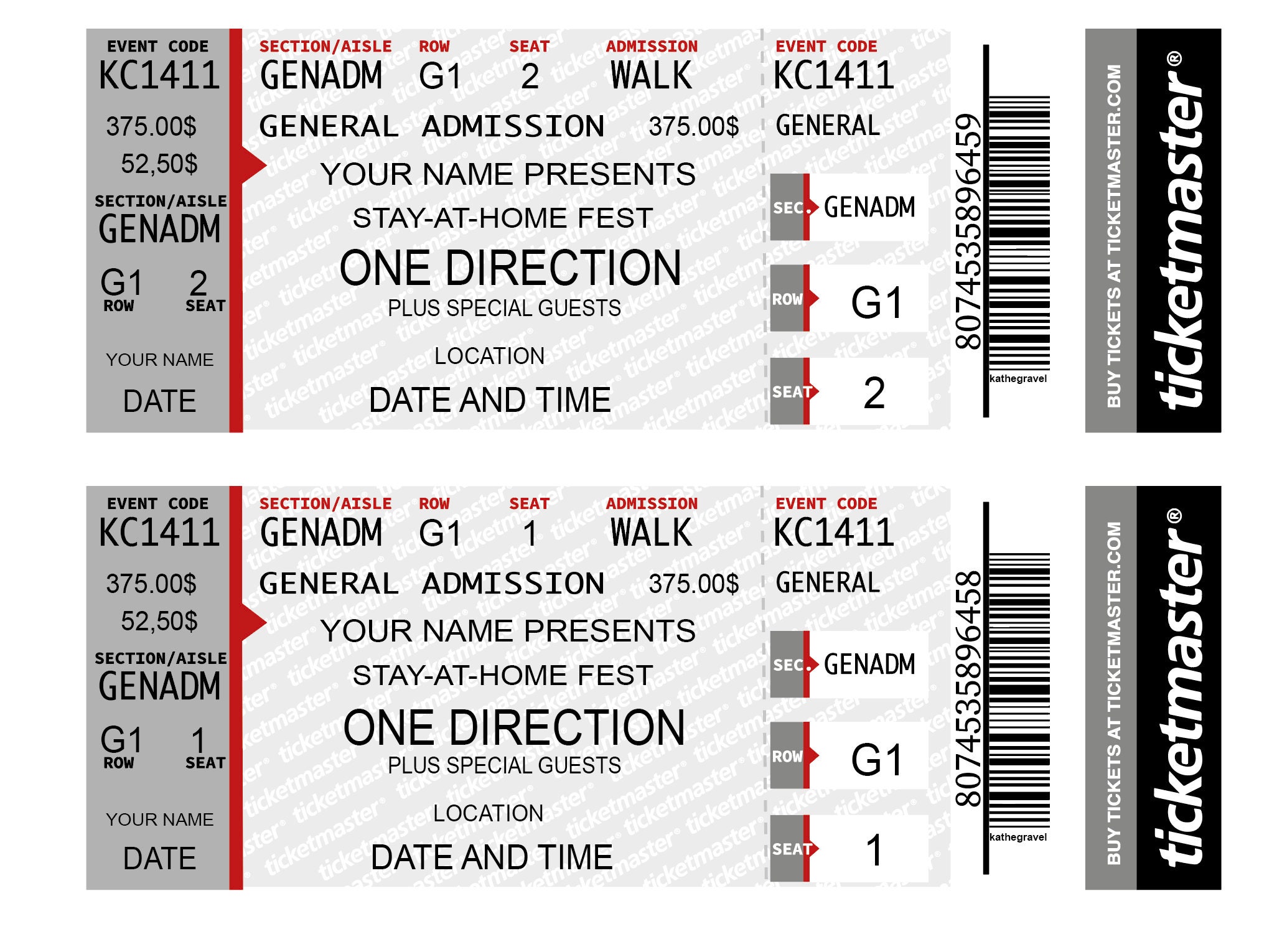Understanding the Concert Ticket Resale Market
The concert ticket resale market has become a lucrative industry, with millions of tickets being bought and sold every year. For those looking to get into the business of reselling concert tickets, it’s essential to understand the market and its trends. The resale market is driven by supply and demand, with prices fluctuating based on factors such as the popularity of the artist, ticket demand, and competition.
One of the primary reasons people resell concert tickets is to make a profit. By buying tickets at face value and reselling them at a higher price, individuals can earn a significant income. However, it’s crucial to note that the resale market is highly competitive, and prices can drop rapidly if there are too many tickets available. To succeed in this market, it’s vital to stay up-to-date with the latest trends and developments.
For those looking to learn how to resell concert tickets, it’s essential to understand the different types of tickets available. These include primary tickets, which are sold directly by the venue or ticketing agency, and secondary tickets, which are resold by individuals or companies. Secondary tickets can be further divided into authorized and unauthorized tickets, with authorized tickets being sold through official resale platforms.
The resale market is also influenced by the rise of online marketplaces, which have made it easier for individuals to buy and sell tickets. These platforms, such as StubHub and Vivid Seats, provide a convenient and secure way for buyers and sellers to connect. However, they also charge fees, which can eat into profits.
To navigate the concert ticket resale market successfully, it’s crucial to have a solid understanding of the industry and its trends. This includes staying up-to-date with the latest news and developments, as well as being aware of the different types of tickets available. By doing so, individuals can make informed decisions and maximize their profits when reselling concert tickets.
How to Choose the Right Concert Tickets to Resell
When it comes to reselling concert tickets, selecting the right tickets is crucial for success. The goal is to choose tickets that are in high demand and have a good chance of selling for a profit. To do this, it’s essential to research and understand the factors that affect ticket demand.
One of the most critical factors to consider is the popularity of the artist. Tickets for concerts by well-known and in-demand artists tend to sell quickly and for higher prices. Additionally, tickets for concerts in large cities or during peak festival seasons tend to be more valuable.
Another factor to consider is the competition. If there are already many tickets available for a particular concert, it may be more challenging to sell your tickets for a profit. On the other hand, if there is high demand and limited supply, you may be able to sell your tickets for a higher price.
To identify profitable ticket opportunities, it’s essential to stay up-to-date with the latest concert announcements and ticket sales. Follow your favorite artists and venues on social media to stay informed about upcoming concerts and ticket availability.
Use online tools and resources, such as ticketing websites and resale marketplaces, to research ticket prices and demand. Look for concerts with high demand and limited supply, and consider purchasing tickets for these events.
When selecting tickets to resell, it’s also essential to consider the ticket’s face value, as well as any fees associated with the ticket. Make sure to factor these costs into your pricing strategy to ensure you’re making a profit.
By doing your research and choosing the right concert tickets to resell, you can increase your chances of success in the concert ticket resale market. Remember to stay flexible and adapt to changes in the market, and always be prepared to adjust your pricing strategy as needed.
Learning how to resell concert tickets effectively requires a combination of research, strategy, and adaptability. By following these tips and staying up-to-date with the latest market trends, you can maximize your profits and achieve long-term success in the concert ticket resale market.
Setting the Right Price: A Guide to Pricing Concert Tickets for Resale
Pricing concert tickets correctly for resale is crucial to maximizing profits. The goal is to set a price that is competitive with other sellers, yet high enough to generate a profit. To achieve this, it’s essential to understand the factors that affect ticket prices, such as supply and demand.
Supply and demand are the primary drivers of ticket prices. When demand is high, and supply is low, ticket prices tend to increase. Conversely, when demand is low, and supply is high, ticket prices tend to decrease. Understanding these dynamics is critical to setting the right price for your concert tickets.
Another factor to consider is the face value of the ticket. The face value is the original price of the ticket, and it can serve as a benchmark for pricing. However, it’s essential to remember that the face value may not reflect the ticket’s true market value.
To set competitive prices, research what similar tickets are selling for on resale marketplaces like StubHub, Vivid Seats, and SeatGeek. Use this information to determine a fair and competitive price for your tickets.
It’s also essential to consider the fees associated with selling tickets on resale marketplaces. These fees can eat into your profits, so factor them into your pricing strategy.
When pricing concert tickets for resale, it’s also important to be flexible. Be prepared to adjust your prices based on changes in demand and supply. If you’re not getting any bites at your initial price, consider lowering it to attract more buyers.
Learning how to price concert tickets correctly for resale takes time and practice. By understanding the factors that affect ticket prices and staying up-to-date with market trends, you can set competitive prices that maximize your profits.
When reselling concert tickets, it’s also essential to consider the concept of price anchoring. Price anchoring refers to the tendency for buyers to perceive a higher price as more valuable. By starting with a higher price and gradually lowering it, you can create the illusion of value and increase the chances of selling your tickets.
By following these tips and staying informed about market trends, you can set the right price for your concert tickets and maximize your profits in the resale market.
Where to Sell Concert Tickets: A Comparison of Resale Marketplaces
When it comes to reselling concert tickets, choosing the right marketplace is crucial to maximizing profits. With so many options available, it can be overwhelming to decide where to sell your tickets. In this article, we’ll compare and contrast popular resale marketplaces, including StubHub, Vivid Seats, and SeatGeek.
StubHub is one of the most well-known resale marketplaces, with a vast inventory of concert tickets. The platform charges a commission fee of 10% on sales, and offers features such as price suggestions and sales tracking. StubHub also has a large customer base, which can increase the chances of selling your tickets quickly.
Vivid Seats is another popular resale marketplace, with a wide selection of concert tickets. The platform charges a commission fee of 10% on sales, and offers features such as price matching and a rewards program. Vivid Seats also has a user-friendly interface, making it easy to list and manage your tickets.
SeatGeek is a resale marketplace that specializes in concert and sports tickets. The platform charges a commission fee of 10% on sales, and offers features such as price forecasting and a deal score. SeatGeek also has a large inventory of tickets, and offers a user-friendly interface for buyers and sellers.
When choosing a resale marketplace, it’s essential to consider the fees, features, and benefits of each platform. Look for marketplaces that offer competitive commission fees, user-friendly interfaces, and a large customer base. It’s also important to read reviews and do your research before making a decision.
In addition to the marketplaces mentioned above, there are many other options available for reselling concert tickets. These include specialized marketplaces, such as Ticketmaster’s resale platform, and online forums and communities. When choosing a marketplace, it’s essential to consider your specific needs and goals, and to choose a platform that aligns with your strategy.
By understanding the different resale marketplaces available, you can make informed decisions about where to sell your concert tickets. Remember to always research and compare fees, features, and benefits before making a decision. With the right strategy and platform, you can maximize your profits and achieve success in the concert ticket resale market.
Learning how to resell concert tickets effectively requires a combination of research, strategy, and adaptability. By staying up-to-date with market trends and continuously improving your sales strategies, you can stay ahead of the game and achieve long-term success in the concert ticket resale market.
How to Create Effective Listings for Concert Tickets
When it comes to reselling concert tickets, creating effective listings is crucial to attracting buyers and maximizing profits. A well-written listing can make all the difference in selling your tickets quickly and for a good price. In this article, we’ll provide tips on how to create eye-catching and informative listings for concert tickets.
The first step in creating an effective listing is to write a compelling description. This should include essential details such as the concert name, date, time, and venue. Additionally, include information about the tickets themselves, such as the seat numbers, row, and section.
Use high-quality images to showcase the tickets and the venue. This will help buyers visualize the event and increase their confidence in purchasing from you. Make sure the images are clear and well-lit, and include a photo of the tickets from multiple angles.
Set clear expectations for buyers by including information about the ticket delivery process, refund policy, and any other relevant details. This will help build trust with potential buyers and reduce the risk of disputes.
Use keywords strategically throughout the listing to improve visibility in search results. Include relevant keywords such as the concert name, artist, and venue to help buyers find your listing.
Make sure to follow the guidelines of the resale marketplace you’re using, as each platform has its own rules and regulations. Some marketplaces may have specific requirements for listings, such as including certain information or using specific keywords.
By creating effective listings, you can increase the chances of selling your concert tickets quickly and for a good price. Remember to stay up-to-date with market trends and continuously improve your listings to stay ahead of the competition.
Learning how to create effective listings for concert tickets takes time and practice. By following these tips and staying informed about market trends, you can create listings that attract buyers and maximize your profits.
When reselling concert tickets, it’s essential to be creative and innovative in your listings. Use attention-grabbing headlines, include relevant keywords, and showcase high-quality images to make your listings stand out from the competition.
Managing and Fulfilling Concert Ticket Orders
When reselling concert tickets, providing excellent customer service is crucial to building trust and ensuring a smooth transaction. Managing and fulfilling orders efficiently is essential to maintaining a positive reputation and maximizing profits. In this article, we’ll discuss the importance of providing excellent customer service and offer tips on how to manage and fulfill orders efficiently.
Responding promptly to buyer inquiries is essential to providing excellent customer service. Make sure to answer questions and concerns in a timely and professional manner. This will help build trust with potential buyers and increase the chances of selling your tickets.
When managing orders, make sure to keep track of all communication with buyers, including emails, phone calls, and messages. This will help you stay organized and ensure that all orders are fulfilled efficiently.
When fulfilling orders, make sure to deliver tickets promptly and securely. Use a trackable shipping method, such as UPS or FedEx, to ensure that tickets are delivered safely and on time.
Handling refunds and cancellations is also an essential part of providing excellent customer service. Make sure to have a clear refund policy in place and communicate it clearly to buyers. This will help build trust and reduce the risk of disputes.
Using a ticket management system can help streamline the order fulfillment process and reduce the risk of errors. These systems can help you keep track of orders, manage inventory, and automate communication with buyers.
By providing excellent customer service and managing orders efficiently, you can build trust with buyers and increase the chances of selling your tickets. Remember to stay organized, communicate clearly, and deliver tickets promptly and securely.
Learning how to manage and fulfill orders efficiently takes time and practice. By following these tips and staying informed about market trends, you can provide excellent customer service and maximize your profits in the concert ticket resale market.
When reselling concert tickets, it’s essential to be proactive and anticipate potential issues. By having a clear plan in place for managing orders and fulfilling tickets, you can reduce the risk of errors and ensure a smooth transaction.
Tax Implications and Financial Considerations for Concert Ticket Resellers
When reselling concert tickets, it’s essential to consider the tax implications and financial considerations involved. As a reseller, you’ll need to report your income and claim deductions on your tax return. In this article, we’ll explain the tax implications of reselling concert tickets and provide tips on how to manage your finances effectively.
The tax implications of reselling concert tickets vary depending on your location and the type of tickets you’re selling. In general, you’ll need to report your income from ticket sales on your tax return and pay taxes on your profits. You may also be able to claim deductions for expenses related to buying and selling tickets, such as ticket fees and shipping costs.
One of the most important financial considerations for concert ticket resellers is fees. Many resale marketplaces charge fees for listing and selling tickets, which can eat into your profits. Make sure to factor these fees into your pricing strategy to ensure you’re making a profit.
Payment processing is another important financial consideration for concert ticket resellers. You’ll need to choose a payment method that is secure and convenient for your buyers. Consider using a payment processor like PayPal or Stripe, which offer a range of features and benefits for sellers.
When managing your finances as a concert ticket reseller, it’s essential to keep track of your income and expenses. Use a spreadsheet or accounting software to keep track of your sales, expenses, and profits. This will help you stay organized and make informed decisions about your business.
By understanding the tax implications and financial considerations involved in reselling concert tickets, you can manage your finances effectively and maximize your profits. Remember to stay informed about changes in the tax laws and regulations, and adapt your strategies accordingly.
Learning how to manage your finances as a concert ticket reseller takes time and practice. By following these tips and staying informed about market trends, you can build a successful and profitable business.
When reselling concert tickets, it’s essential to be proactive and anticipate potential financial challenges. By having a clear plan in place for managing your finances, you can reduce the risk of errors and ensure a smooth transaction.
Staying Ahead of the Game: Tips for Long-Term Success in Concert Ticket Reselling
To stay successful in the concert ticket resale market long-term, it’s essential to stay up-to-date with market trends, adapt to changes in the industry, and continuously improve your sales strategies. In this article, we’ll offer advice on how to stay ahead of the game and maintain a competitive edge in the market.
One of the most important things you can do to stay ahead of the game is to stay informed about market trends. Keep an eye on ticket prices, demand, and supply, and adjust your strategies accordingly. Use tools like Google Trends and social media to stay up-to-date with the latest news and developments in the industry.
Another key to long-term success is to adapt to changes in the industry. The concert ticket resale market is constantly evolving, with new technologies and platforms emerging all the time. Stay flexible and be willing to adjust your strategies to take advantage of new opportunities and stay ahead of the competition.
Continuously improving your sales strategies is also crucial to long-term success. Stay up-to-date with the latest best practices and techniques, and be willing to experiment with new approaches. Use data and analytics to track your sales and identify areas for improvement, and make adjustments accordingly.
Building a strong reputation is also essential to long-term success in the concert ticket resale market. Focus on providing excellent customer service, and work to build trust with your buyers. Use social media and other channels to promote your business and build your brand, and encourage satisfied customers to leave reviews and testimonials.
Finally, it’s essential to stay organized and focused to achieve long-term success in the concert ticket resale market. Use tools like spreadsheets and calendars to stay on top of your sales and inventory, and prioritize your tasks and goals. Stay motivated and focused, and be willing to put in the time and effort required to build a successful business.
By following these tips and staying informed about market trends, you can stay ahead of the game and maintain a competitive edge in the concert ticket resale market. Remember to stay flexible, adapt to changes in the industry, and continuously improve your sales strategies to achieve long-term success.
Learning how to stay successful in the concert ticket resale market long-term takes time and practice. By following these tips and staying informed about market trends, you can build a successful and profitable business.
When reselling concert tickets, it’s essential to be proactive and anticipate potential challenges. By having a clear plan in place for staying ahead of the game, you can reduce the risk of errors and ensure a smooth transaction.







